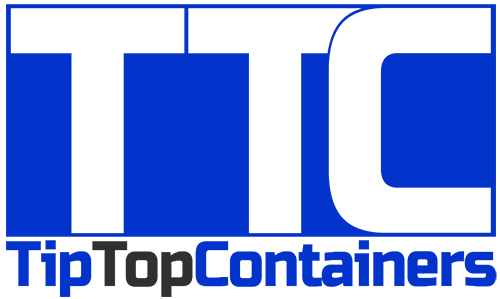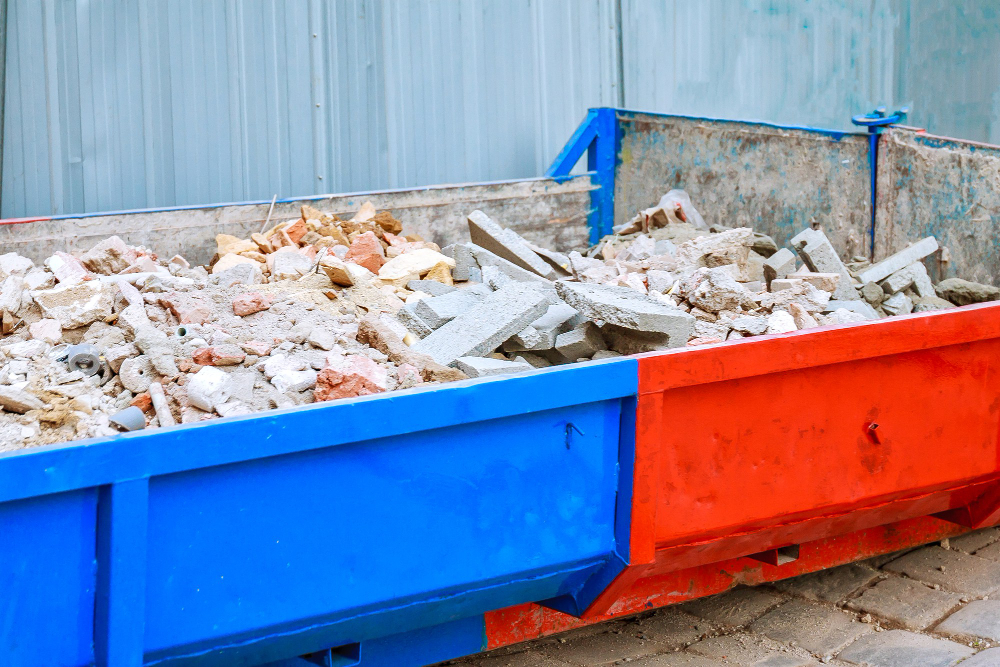


A construction site is a busy place. It involves a large number of people working together on different aspects of the construction project. This also means that there is a lot of waste generated, including construction materials, debris, and hazardous waste. Proper waste management is essential for the safety of both workers and the environment. A construction site waste management plan outlines the strategies and resources required to minimize the amount of waste generated, dispose of it safely and responsibly, and educate the workforce on good waste management practices.
Before you formulate a waste management plan, you need to have a clear understanding of the waste generated on the project site. This is done through a waste audit. The audit involves observing the waste generation process, the type of waste produced, the quantity and frequency of waste generated, and where it is disposed of. This information is crucial when creating a waste management plan. With this knowledge, you can create a waste reduction strategy and identify what can be recycled or reused. It can also help you calculate the waste disposal costs, as well as the amount of waste that can be diverted from landfills.
There are different types of construction wastes such as hazardous, non-hazardous, recyclable, and non-recyclable. Your plan must identify all the waste types generated on the site, including scrap metal, wood waste, packaging, and demolition waste. Hazardous waste includes chemicals, solvents, and contaminated waste; non-hazardous waste, such as timber and soil; and recyclable materials, including concrete, glass, and metal. You should keep hazardous waste separate from non-hazardous waste to ensure proper disposal.
A waste management plan should also include a strategy to manage construction waste effectively. The plan should outline the procedures to reduce waste, reuse materials, and recycle. The strategy should be realistic, achievable, and measurable. Some strategies you can consider include reducing the amount of packaging used on the site, promoting responsible disposal of hazardous waste, and preparing a schedule of regular site cleanups.
After reducing, reusing, and recycling waste, you need to identify disposal options for waste that cannot be recycled. These options include landfill disposal, incineration, and waste-to-energy facilities. The choice of disposal options will depend on the type and amount of waste generated. Your disposal method should conform to the relevant regulations and legislation. You should also cooperate with waste hauling service providers that comply with all relevant waste management regulations.
It's important to educate your workforce on waste management practices to ensure they understand your waste management plan. Proper training can help them understand the benefits of waste management and how it can help save costs. Workers should be instructed to separate hazardous waste from non-hazardous waste, know the different types of construction waste and how to dispose of it safely, and ensure that they comply with the waste management plan.
Proper management of construction waste can help keep the project site clean and safe, reduce disposal costs, and minimize the impact on the environment. A good waste management plan should be part of the initial project plans to ensure everyone on the construction site is aware of its importance. It is recommended that you engage with the relevant waste management professionals to assist you in preparing your waste management strategy and creating an efficient and effective waste management plan. Remember, a well-managed construction waste plan can potentially increase the project's overall productivity and profitability. If you're looking for a roll off container dumpster in Orlando, FL, contact Tip Top Containers today to request a quote.